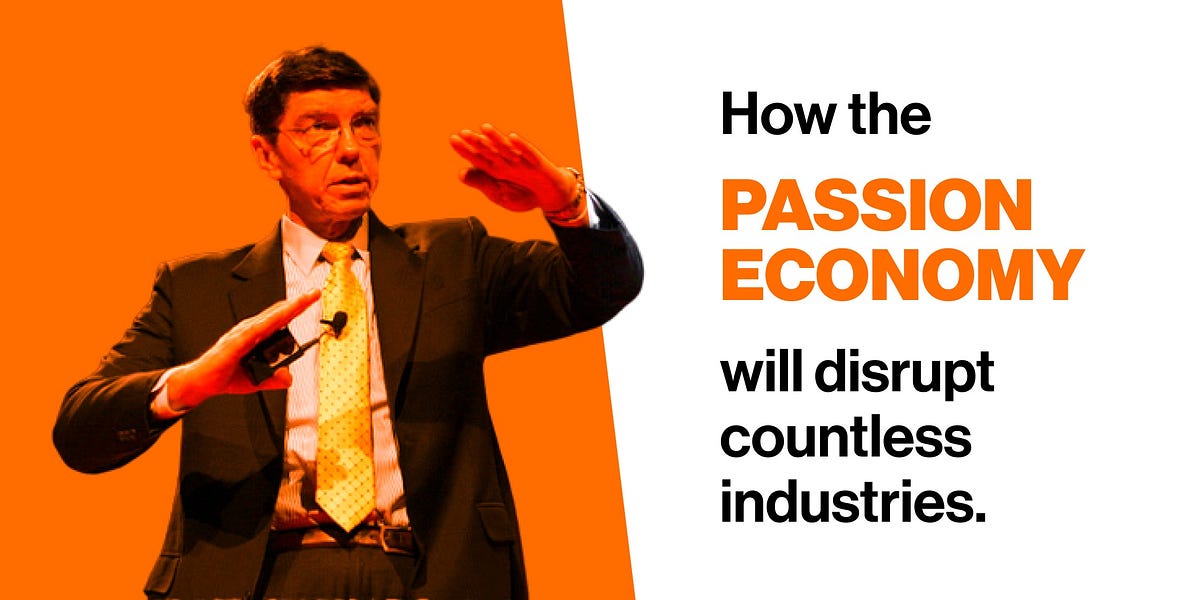
Saved by Tekelala and
Beyond Disruption

Saved by Tekelala and
Britt Gage added

sari and added

sari and added

sari and added
sari added
It is this upward mobility that makes disruptive technologies so dangerous to established firms—and so attractive to entrants.
Kaustubh Sule added